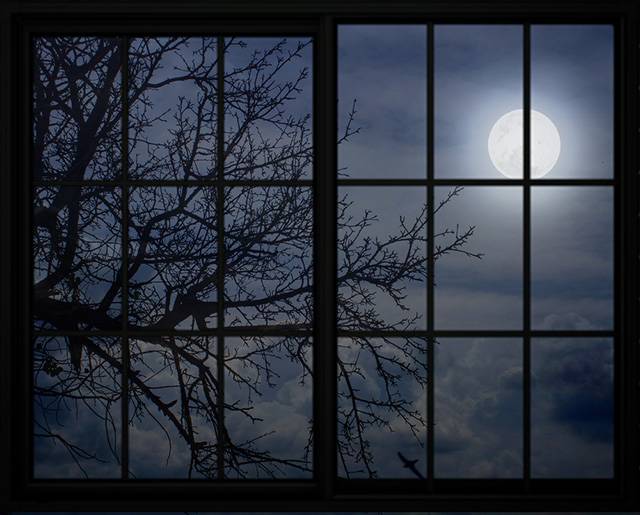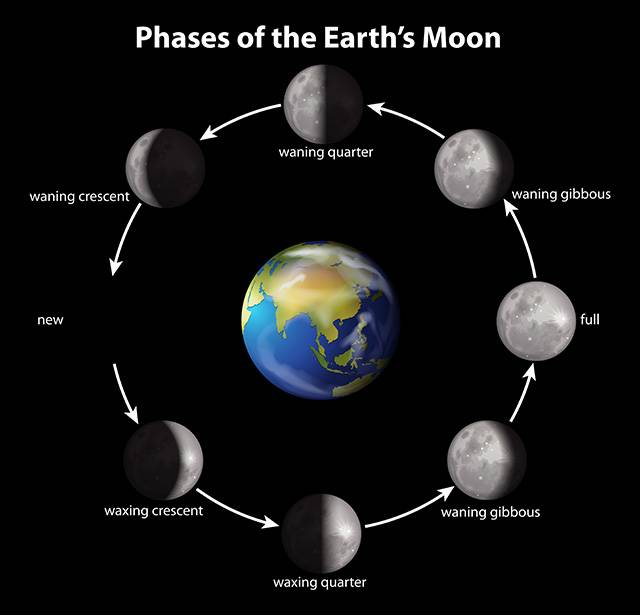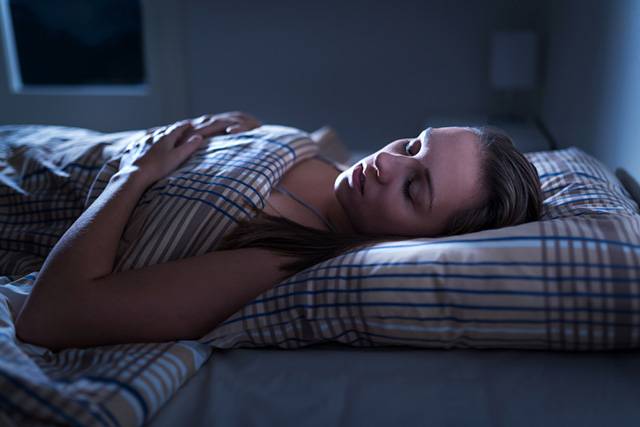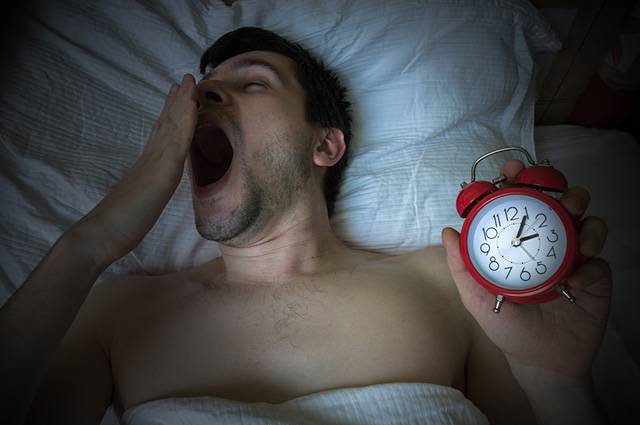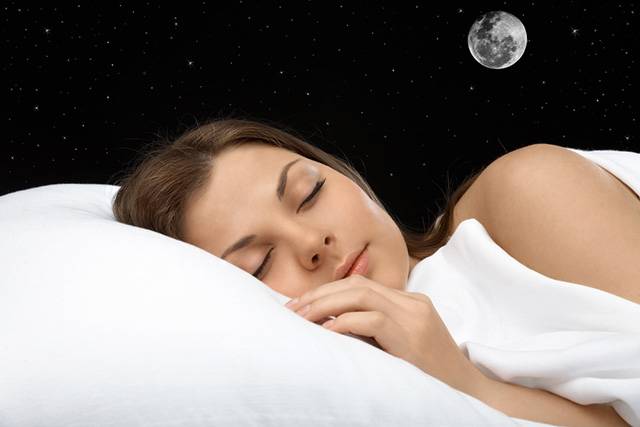The moon. For millennia, mankind has personified it as one deity or another. There have been numerous myths and stories revolving around the moon, coming from all corners of the globe. It has been thought to play a role in such things as menstruation in females and an increase in violent tendencies. But can a full moon affect your sleep? Let’s talk about it.
First: The Moon’s Cycle
The moon’s cycle lasts 29.5 days. During this time, it goes through eight different stages:
- New Moon
- Waxing Crescent
- First Quarter
- Waxing Gibbous
- Full Moon
- Waning Gibbous
- Third Quarter
- Waning Crescent
Each stage represents a different view of the moon from Earth. Only one side of the moon is ever visible from Earth (called the “near side”) while the other side is never visible from Earth (called the “far side”). The reason we see only one side of the moon is because it takes the moon roughly the same amount of time to complete an orbit as it does to complete a rotation. We can see more or less of the near side at different times of the month, as the moon cycles through its phases.
You’re likely most familiar with the terms “new moon” and “full moon.”
- A new moon is when the near side of the moon is invisible to the naked eye due to receiving no sunlight.
- A full moon is when the near side of the moon appears full or completely round due to receiving full sunlight.
During a full moon and the days leading up to it, we experience more nighttime light exposure than we do at other times of the month. But does this really affect how much or how well we sleep?
Studies
While few studies have been done on the topic, there are two worth noting that we’ll outline below. The results from each one, while somewhat conflicting and inconclusive, seem to indicate that the moon’s cycle can affect our sleep patterns.
The Cajochen Study
In 2013, Christian Cajochen and colleagues reanalyzed data from an earlier study (2000-2003) that was originally performed to determine the effects of aging on sleep. They looked at the data through the lens of how long and how well each of the participants of that study slept relative to the moon’s cycle.
In the original study, the sleep patterns of 33 volunteers were monitored via EEG over the course of 64 nights. The participants were kept under tight laboratory conditions, so as to keep influence from light out of the equation. When Cajochen and his team of researchers studied this data based on the moon’s cycle, they found that—despite the volunteers having no access to the moonlight during sleep—they tended to fall asleep more slowly (by about 5 minutes) and sleep for less overall time (by about 20 minutes) during the few days leading up to the full moon. In addition, the volunteers spent less time in deep sleep and had lower levels of melatonin.
Based on the conditions in which the volunteers were kept for the study, Cajochen believes that the moon’s effect on sleep has less to do with the extra light and more to do with a sort of internal biological clock. According to this “clock,” our bodies may simply be more attuned to sleeping less during a full moon (when, historically, we would have the most access to nighttime light) regardless of whether we actually see this light or not.
Toba-Qom Study
A more recent study by Horacio de la Iglesia, PhD, found similar results: Participants tended to sleep less during the nights leading up to the full moon.
This study was more involved than the previous one, gathering data from numerous participants in two different Argentinian communities—one with no access to artificial light and one with full access—as well as sleep data from university students in Seattle. The data was collected via wrist trackers and diary entries written by participants.
The results indicated that regardless of one’s access to artificial light, the nights before the full moon caused individuals to fall asleep later and resulted in overall less sleep time. Of course, those with more access to artificial light had less pronounced differences, but the patterns remained steady across all groups.
While there was no causal link established, it’s hypothesized that this change in sleep patterns could have been the result of the extra available nighttime light.
Interestingly, the hypothesis behind the study was that access to artificial light at night would cause a higher sleep latency and less time asleep. While this did prove true based on the data, it was also obvious that the full moon had a similar effect on all of the examined groups.
The Takeaway
As one can surmise from the results of the previously mentioned studies, the moon’s cycle can have a significant effect on one’s sleep. During a new moon period, individuals tend to fall asleep faster and sleep longer overall; during a full moon, they tend to fall asleep later and sleep for less time overall.
While the actual cause of this is debated, there are two main theories:
- The extra available nighttime light from a full moon reduces one’s melatonin production and makes it more difficult to sleep.
- Humans have a biological clock that’s synced with the moon’s cycle.
However, before we can know for certain why a full moon negatively impacts our sleep, there must be additional studies performed.
You may want to check out: Does the Moon Affect Sleep?
Conclusion
While the effect of the moon’s cycle on sleep is still debated, there have been a couple of substantial studies done on the topic that indicate humans sleep less leading up to the full moon. It’s not known whether this is due to the moonlight or to the gravitational effect of the moon, though it’s obvious that the days leading up to the full moon cause sleeping trouble.
Do you have a hard time falling asleep when the moon is full and round? Or is it business as usual? We’d love to hear from you in the comments!
Photo credit: Alexandr Belous/Shutterstock; BlueRingMedia/Shutterstock;
Tero Vesalainen/Shutterstock; vchal/Shutterstock; AboutLife/Shutterstock
